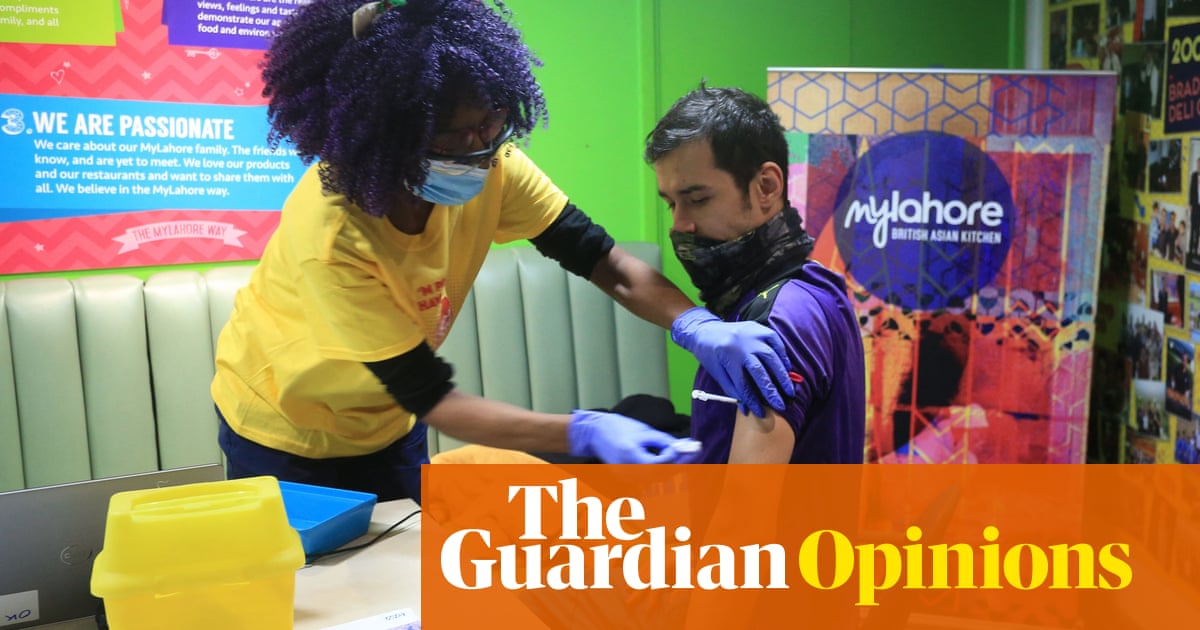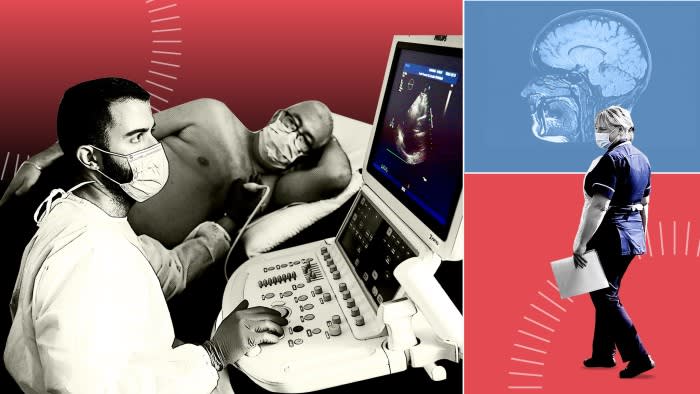Northerner
Admin (Retired)
- Relationship to Diabetes
- Type 1
As a scientist who works every day on the immunology of Covid-19 and long Covid, I’m well aware that, heading into autumn and the return to school, the UK faces yet more Covid confusion and disharmony. Where are we headed next? Isn’t it over? And why keep harping on about mitigation when we now have so many other concerns?
Any discussion of our current Covid situation must consider the legacy of disability and misery associated with long Covid. In my opinion, there is now some good news among the old bad news. Over the past few months, Office for National Statistics data shows the estimated number of people with long Covid beginning to fall, from a peak of 2 million in May to about 1.8 million. I take this to mean that some are gradually recovering. And while long Covid following Omicron BA.5 infection is clearly happening, new cases of long Covid are appearing at a lower frequency. Colleagues in Singapore, a country with a large peak of Omicron infections following a relatively mild early pandemic, mention talk of quiet long Covid clinics without patients.
There is also some indication we may be getting closer to more precisely defining and treating long Covid. Many studies around the world have been set up to recruit groups with long Covid to compare them with “rapid recovery” cases – people who recovered quickly and fully from Covid – to try to find differences in levels of antibodies, hormones, immune cells or other things that can be measured with a blood test. These so-called “defining biomarkers” can be gamechangers. They can help health services define and refer cases, provide more extensive evidence for employers and tribunals, and also point towards identification of therapies and treatments.

 www.theguardian.com
www.theguardian.com
Any discussion of our current Covid situation must consider the legacy of disability and misery associated with long Covid. In my opinion, there is now some good news among the old bad news. Over the past few months, Office for National Statistics data shows the estimated number of people with long Covid beginning to fall, from a peak of 2 million in May to about 1.8 million. I take this to mean that some are gradually recovering. And while long Covid following Omicron BA.5 infection is clearly happening, new cases of long Covid are appearing at a lower frequency. Colleagues in Singapore, a country with a large peak of Omicron infections following a relatively mild early pandemic, mention talk of quiet long Covid clinics without patients.
There is also some indication we may be getting closer to more precisely defining and treating long Covid. Many studies around the world have been set up to recruit groups with long Covid to compare them with “rapid recovery” cases – people who recovered quickly and fully from Covid – to try to find differences in levels of antibodies, hormones, immune cells or other things that can be measured with a blood test. These so-called “defining biomarkers” can be gamechangers. They can help health services define and refer cases, provide more extensive evidence for employers and tribunals, and also point towards identification of therapies and treatments.

There’s some good news in the battle against long Covid | Danny Altmann
UK cases are falling – and scientists around the world are getting closer to being able to define and treat long Covid, says professor of immunology Danny Altmann


